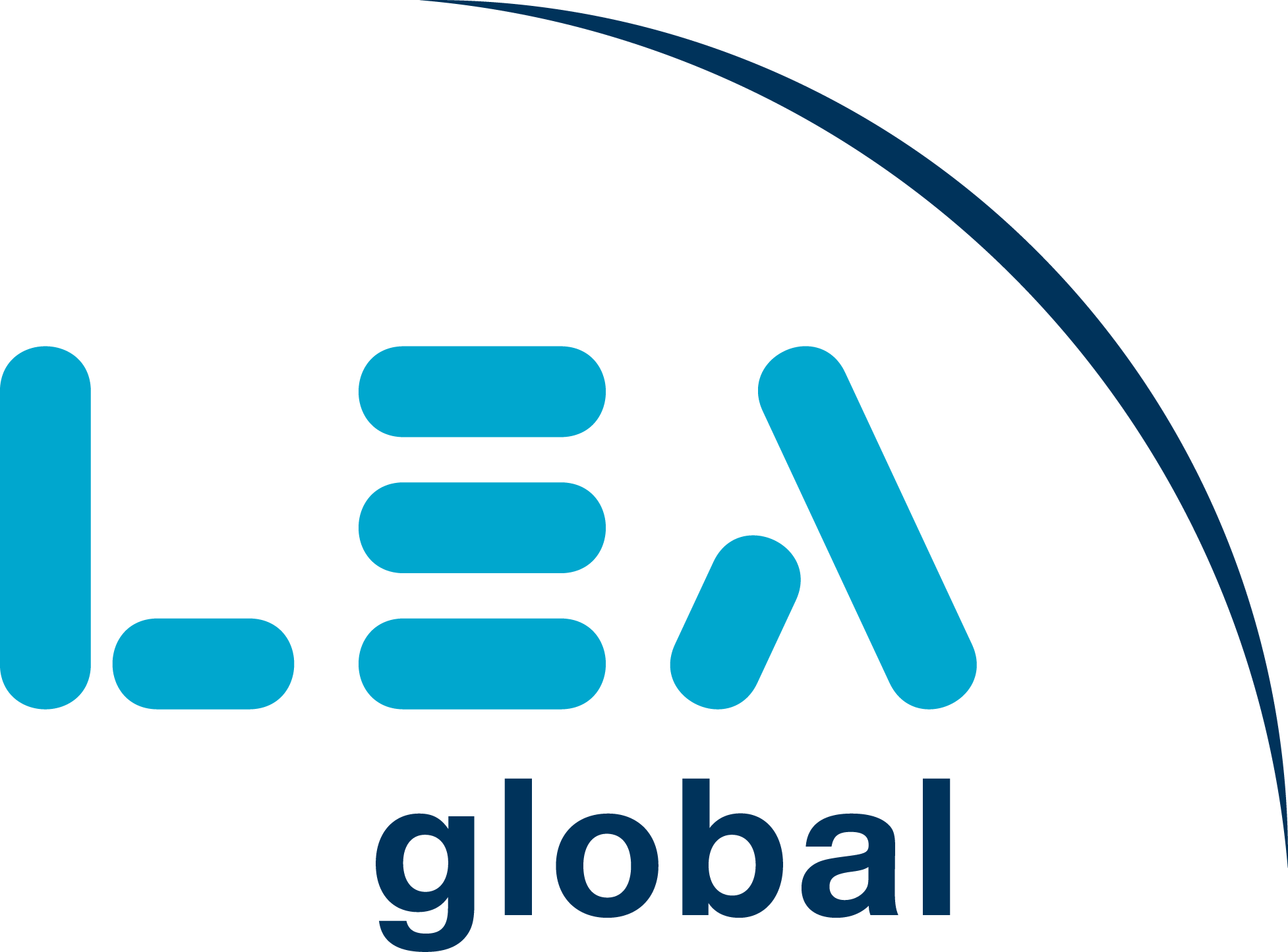Incentives and Financing Schemes for Businesses Under Malaysia’s Budget 2022

Posted by ASEAN Briefing Written by Ayman Falak Medina
Malaysia’s government announced its largest state budget in history on October 29, 2021, totaling 333.2 billion ringgit (US$80.2 billion) as the government aims to spur post-pandemic growth in 2022.
The budget provides several incentives, grants, and financing schemes for businesses. Several are also an extension of the benefits issued under the 2021 state budget. These include more than 19 billion ringgit (US$4.5 billion) in funding for micro, small, and medium-sized enterprises (MSMEs) and wage subsidy programs to help employers hire Malaysians. Moreover, the government has also dedicated 10 billion ringgit (US$2.4 billion) for loans dedicated to Bumiputera businesses (businesses owned by the country’s majority ethnic Malays).
Malaysia’s economy contracted 5.6 percent in 2020 — Malaysia’s weakest since a 7.4 percent contraction during the 1998 Asian financial crisis. Economic recovery was not helped by infighting within the government that saw prime minister Mahathir Mohammad resign and power transferred to Muhyiddin Yassin and his BERSATU coalition. Muhyiddin himself lasted only 18 months and resigned in August 2021 after his government was found to be incompetent in handling the pandemic.
He was replaced by veteran politician Ismail Sabri Yakoob and his ruling UMNO coalition who is seeking to win public support, especially among the Malay majority and the country’s influential Malay royal families.
In a sign of wanting to achieve at least medium-term stability, Ismail signed an unprecedented peace pact with the main opposition, the Pakatan Harapan alliance, headed by Anwar Ibrahim. Criticism from Pakatan Harapan was largely muted during the presentation of the budget to parliament.
To see our article on the tax measures covered under Budget 2022, click here.
What financing schemes are available for businesses?
Extension of the wage subsidy scheme
Employers who hire Malaysians who have not been actively employed are eligible to receive the following incentives in the form of:
- 20 percent of the monthly salary for the first six months; and
- 30 percent for the next six months.
This is subject to employers earning 1,500 ringgit (US$360) per month.
Business financing guarantee
The government guarantee scheme to help SMEs under the Syarikat Jaminan Pembiayaan Perniagaan Berhad (SJPP) has been given an additional 10 billion ringgit (US$2.4 billion) in funding. This includes 2 billion ringgit (US$480 million) for businesses owned by ‘Bumiputera’s’ (ethnic Malays).
The SJPP is a government entity responsible for administering and managing government guarantee schemes. Further, the scheme is available to SMEs in all sectors with at least 51 percent of their shares controlled by a Malaysian.
Other funding available for SMEs
The government has allocated 14.2 billion ringgit (US$3.4 billion) to Bank Negara Malaysia’s (BNM) — the main central bank — SME special funds. The funds are channeled through the following participating financial institutions:
- SME Bank;
- Perbadanan Usahawan Nasional Berhad (PUNB);
- Bank Pembangunan Malaysia Berhad (BPMB);
- AgroBank;
- Malaysian Industrial Development Finance bank (MIDF); and
- Majlis Amanah Rakyat (MARA).
Financing scheme for microenterprises in the informal sector
The Informal and Micro Financing scheme will offer loans to businesses in the informal sector of up to 10,000 ringgit (US$2,400) at zero interest with a moratorium period of 12 months. In addition, microloans of up to 75,000 ringgit (US$18,000) are available from AgroBank at zero interest rate for the first six months and a moratorium of up to six months.
Incentive for SME digitalization
The government has allocated 200 million ringgit (US$48 million) to accelerate the digitalization of SMEs. From this fund, 50 million ringgit (US$12 million) has been earmarked for Bumiputera micro-entrepreneurs in rural regions.
Through this initiative, the government will provide each company with a 50 percent matching grant, up to 5,000 ringgit (US$1,200), for the approved digital services.
To be eligible, the company must fulfill the following criteria:
- At least 60 percent owned by Malaysians;
- Must have a minimal sales turnover of 50,000 ringgit (US$12,000);
- The company is classified as an SME under the relevant laws in Malaysia; and
- The company has been in operation for at least six months.
Grants for automation
A 100 million ringgit (US$24 million) has been allocated through the Smart Automation Grant (SAG) to help 200 companies in the manufacturing and services sector automate their operations
About Us
ASEAN Briefing is produced by Dezan Shira & Associates. The firm assists foreign investors throughout Asia and maintains offices throughout ASEAN, including in Singapore, Hanoi, Ho Chi Minh City, and Da Nang in Vietnam, Munich, and Esen in Germany, Boston, and Salt Lake City in the United States, Milan, Conegliano, and Udine in Italy, in addition to Jakarta, and Batam in Indonesia. We also have partner firms in Malaysia, Bangladesh, the Philippines, and Thailand as well as our practices in China and India. Please contact us at [email protected] or visit our website at www.dezshira.com.
